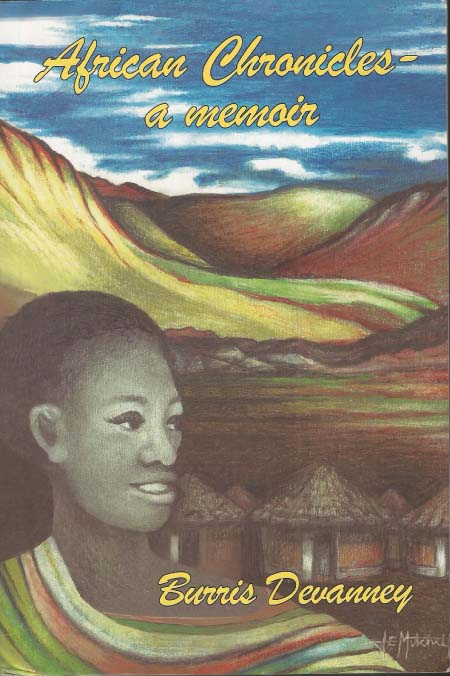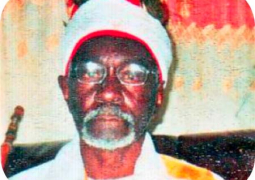
Burris Devanney, a Canadian, is a household name in The Gambia, a country he first arrived in 1982 as one of the pioneer administrative staff of the Gambia Technical Training Institute (GTTI). Since then he has went on to accomplish great things in Gambian education, mostly recently being his pioneering role in bringing university education to The Gambia through his seminal University Extension Programme (UEP) which he started in 1995, with St. Mary’s University, Halifax, Canada.
The book, his autobiography, starts with his reading a job advertisement in his local paper in Nova Scotia seeking Canadians to assist in establishing a ‘technical institute’ (p.14) in The Gambia. He was then a High School principal, a good job by all accounts in all climes, but his adventurous nature made him apply, except that that was the first time he has heard of a country called The Gambia. In the subsequent few pages, the author takes through his efforts to read something about the country, and his frustration to find out that there was indeed very little to read in Canadian libraries about the country, (p.15-16). When he finally stumbled upon Dr. Adrianne Fletcher’s simply named GAMBIA, a book published in late 1977, he realised that he had found a nugget of information and that ‘it is a very good sign’ indeed, an ‘auspicious’ start.
Sadly, the rest of the book is dedicated to Burris’s earlier foray into Africa which started in mid 1965 when he went to teach in Rhodesia, now called Zimbabwe. The rest of the four hundred pages takes through Rhodesia, Nigeria, Biafara and several other African countries in which he and his faithful wife Louvanne crisscrossed in the 1960s. The Gambia bit of Burris’ rich life I guess will be the subject of another part of his life story, which I suspect is forthcoming.
The book is divided into three parts: part one charts the Rhodesia odyssey; part two the Nigeria experience or nightmare, and the last part is a miscellany of references and guides to African names and places.
Part one make arresting reading; here we are exposed to how the author has within a lifetime lived under three regimes in a country that was to see three name changes also. He arrived in Rhodesia in 1965 while it was still a liberal country under a benign white minority rulers (p.114); suddenly, even before the author settled down to his teaching job, Ian Smith, the arch racist declared independence (p.116) and started a 15 year long racist, oppressive rule which won international opprobrium. When Mugabe led the country to independence, he changed the name to Zimbabwe; a year earlier, under a power sharing government, the country was called Zimbabwe-Rhodesia! Visiting Zimbabwe decades later after the country has been thoroughly corrupted and impoverished by the new black ruling class, the author’s disappointment becomes palpable.
Ian Smith’s stupid step forced Canada to remove its citizens from Zimbabawe. Burris and wife were re-located to Nigeria. There too just as he was catching up, a civil war called the Biafara war started. From here the reader will have the impression that the author was being followed by unrest and turbulence. In fact, this was an era of great uncertainty and trouble in Africa: neo-colonial intrigues and tyrannical leadership were wreaking havoc on the newly independent states. But whatever misfortune the author encountered, it was tempered by his own personal dedication and love for the people of the continent.
The author has done extensive secondary research which has in addition to his photographic memory and good diary keeping, I assume, has given an excellent narrative which students of post colonial African history will find useful. Indeed, the author proves to be a dependable historian throughout the text.
He focuses on the small people, the ‘untitled’ folks like Luke Khumalo, the teacher, who were very useful but who had to suffer the consequences of the corrupt and effete ruling class. Thus while we come across the rulers and leaders like Smith, Mugabe, Gowon, Ojukwu etc, so do we also see the determination of ordinary Africans and well-meaning expats like him to repair the damage that the political class make. The story is success of determination over adversity in Africa.
Burris is a great human being, whose story is as inspiring as his actions especially here in the Gambia where his legacy remains today in the numerous Gambians occupying senior posts in the machinery of state and beyond thanks to his pioneering role in bringing university education here.
This is an excellent book which I recommend to all who have come under Burris tutelage, and students of African history. I am waiting for part two with keen interest.
Available at Timbooktoo, tel 4494345.




